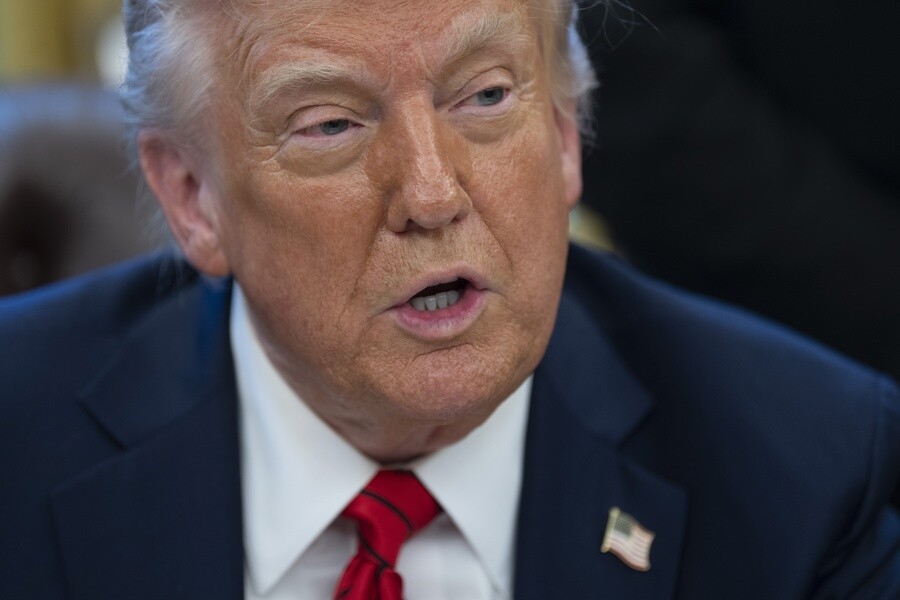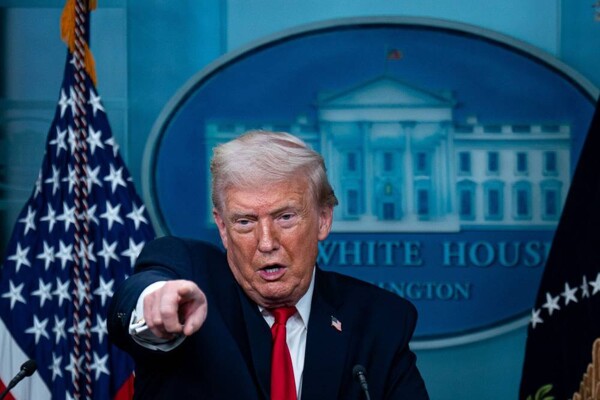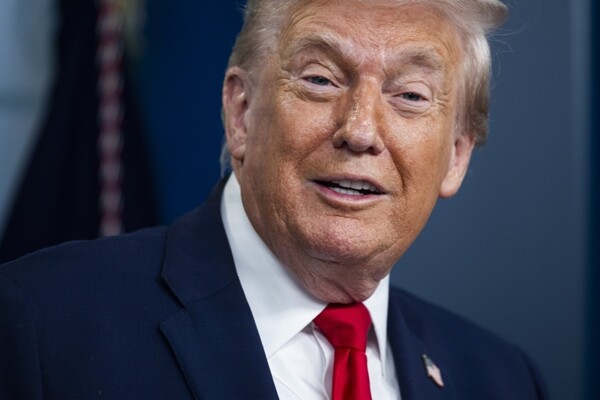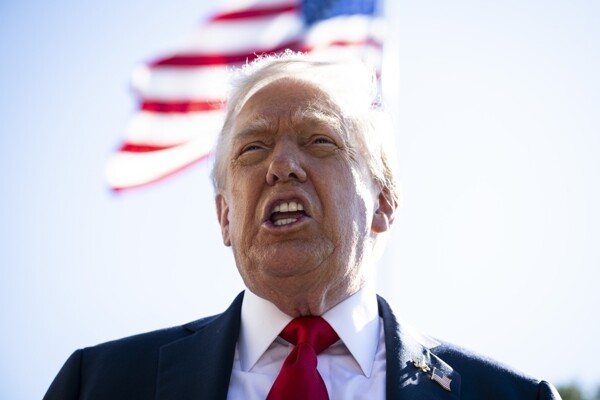
The President of the United States, Donald Trump, signed an executive order to suspend federal funding for public radio NPR and the television network PBS, which he accuses of having a leftist bias. According to the president, both entities do not provide a fair, accurate, and impartial view of the news.
The order signed by Trump instructs the Corporation for Public Broadcasting (CPB) to minimize the current budget for NPR and PBS to the legal minimum and not to approve any future funding for these broadcasters. The funding for NPR and PBS is provided by Congress, so the executive order is likely to face legal challenges in the future.
The CPB, established by Congress in 1967, is the primary source of federal funds for public media and has an assigned budget of approximately $535 million for the current fiscal year. Although federal funding constitutes only about 1% of NPR's total budget, for the more than 1,300 affiliated stations, it represents between 8% and 10%.
A spokesperson for NPR stated that the editorial practices and decision-making of the station are independent and not influenced externally. This is not Trump's first attack on public media, as he has previously sought to reduce funding for PBS and its partner stations.
PBS focuses on educational programming and documentaries, while NPR specializes in news and music, including popular shows like 'Tiny Desk' concerts. In April, Trump urged congressional Republicans to cut funding to these broadcasters, which he called "monsters of the radical left."
For its part, NPR has defended its editorial independence in response to this decision. In March, Trump also ordered the closure of the U.S. Agency for Global Media (USAGM), resulting in the suspension of operations of the Voice of America broadcaster and the dismissal of more than 1,300 employees, who are currently involved in litigation in the courts.














